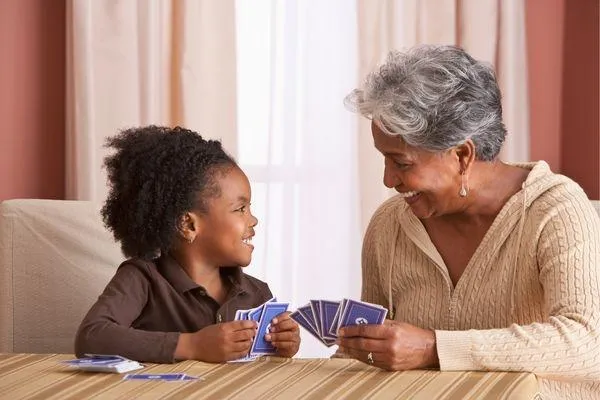Blogs
Discover your Authentic Self: How to Stop People Pleasing and Comparing Yourself
Break free from people-pleasing and self-comparison with practical tips on self-awareness and core values. Discover how to embrace your authentic self and cultivate self-love with Cour Experience's guide to personal growth.
Love Your Mother - Earth
Join us in realizing the urgent need to care for our planet, our mother Earth. Let's shift the paradigm, value her resources, and preserve her beauty. Together, we can create sustainable systems and protect our children's future.
Learning, Unlearning and Relearning
Discover the importance of unlearning old ideas, relearning new ones, and supporting the youth who are stepping out to do things differently.
Communication: The Words We Use Matter
Improve your communication skills this month! Learn to communicate effectively, respectfully & purposefully with these 4 key skills: clarity, respect, openness & active listening. Practice with someone close or in conflict. Try our CourTool "Creating Space" & listen to "My Hand is Open" meditation.
© 2019 Cour Experience Inc. All Rights Reserved.
Non-Profit 501c3 EIN: 84-3383699
© 2019 Cour Experience Inc. All Rights Reserved.
Non-Profit 501c3 EIN: 84-3383699









